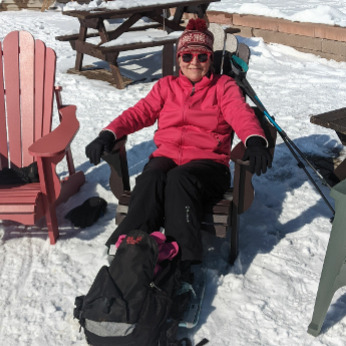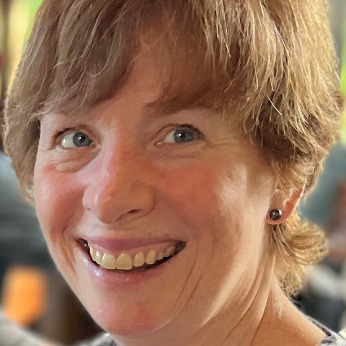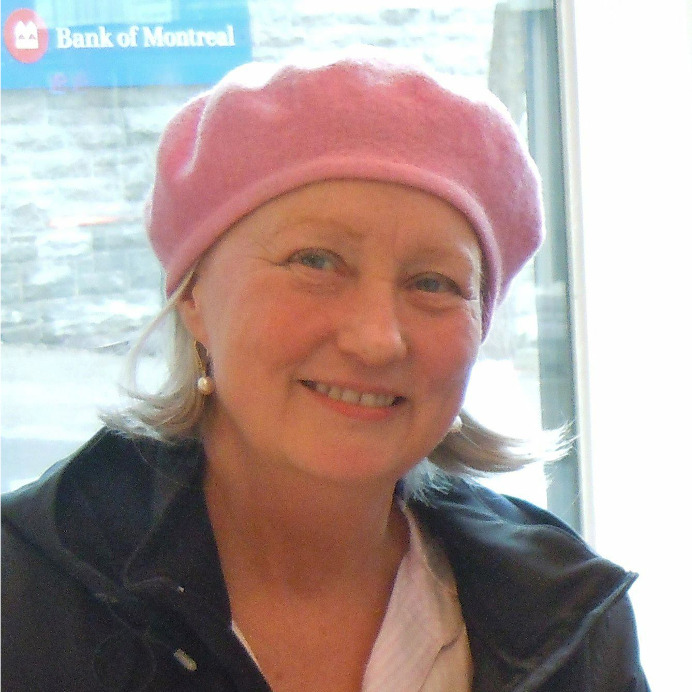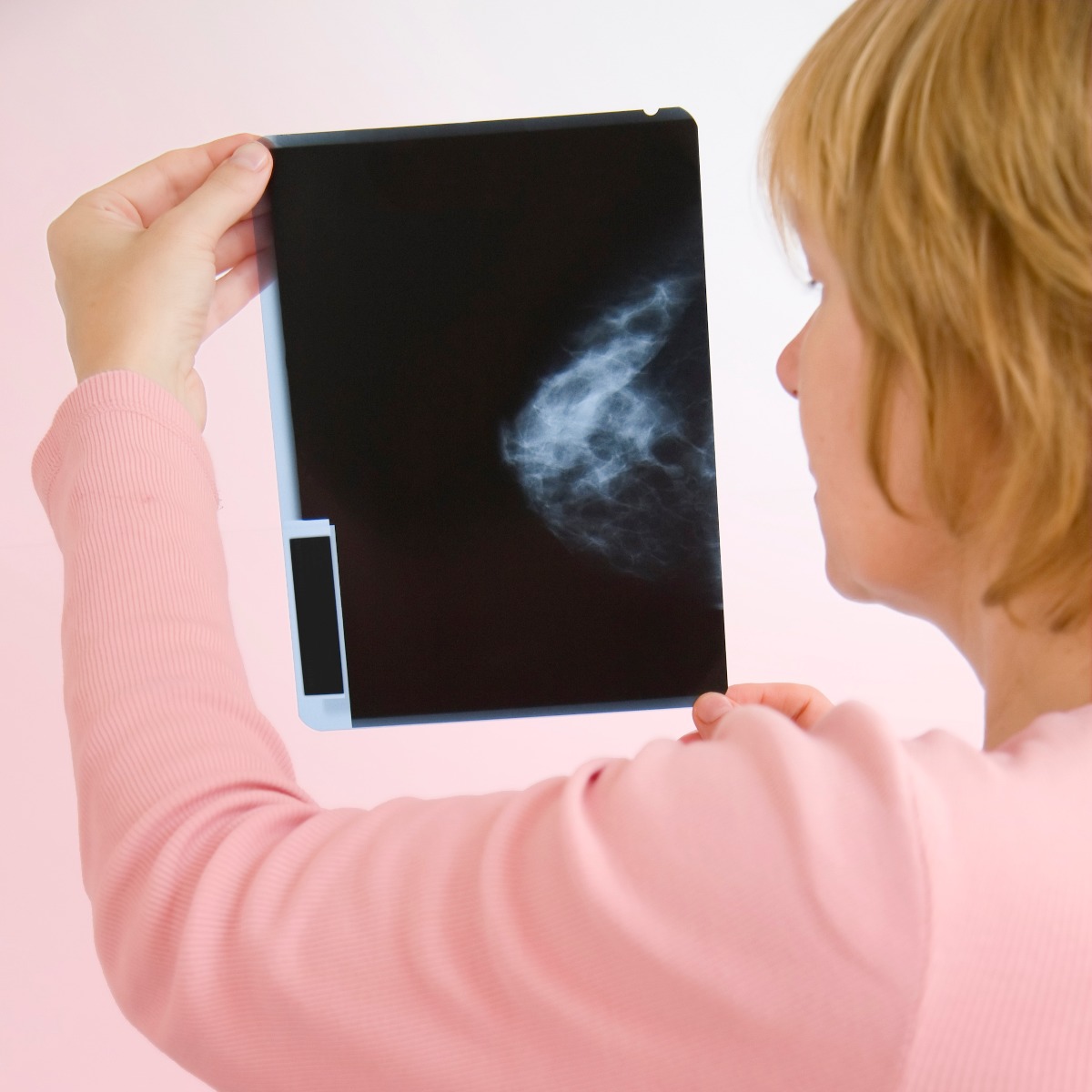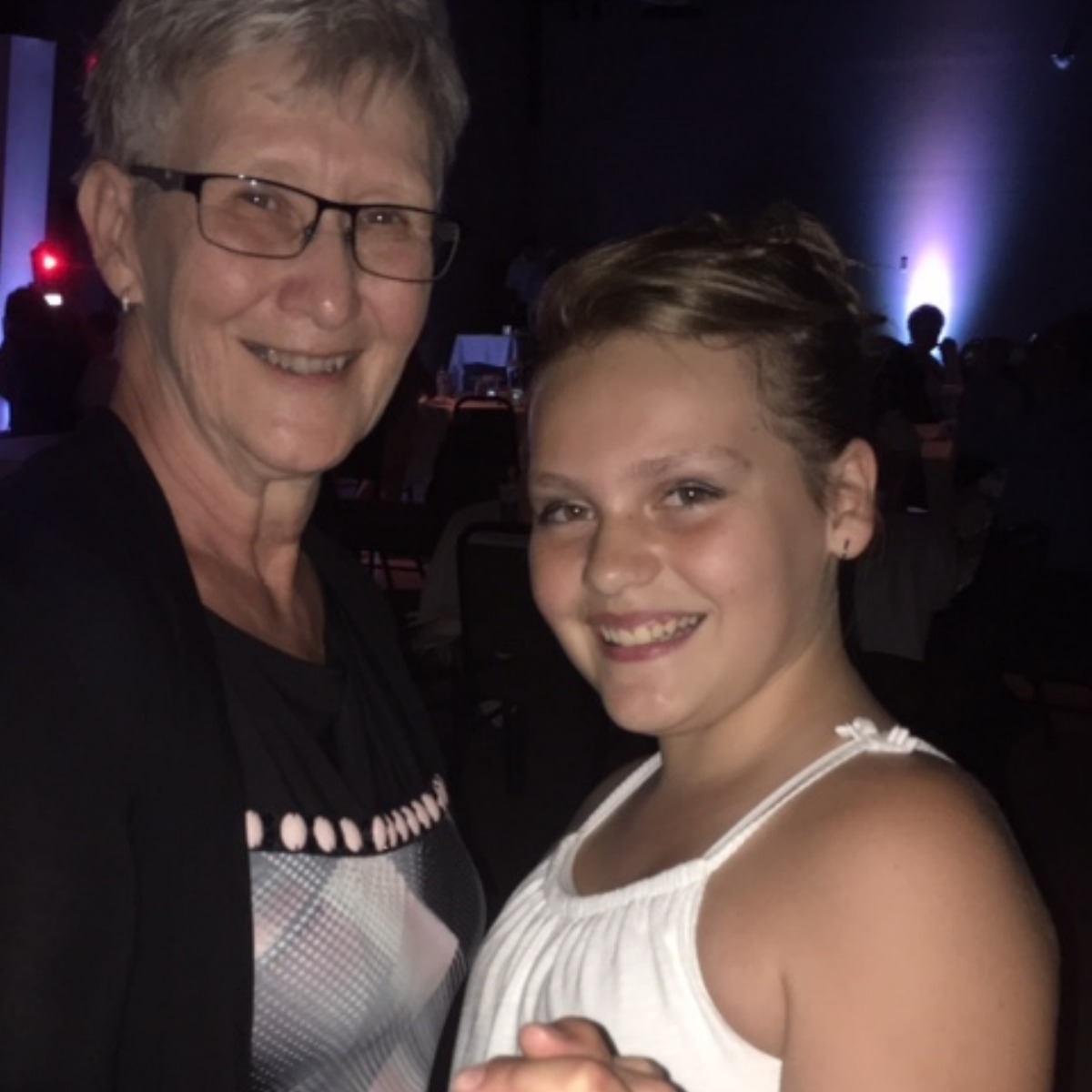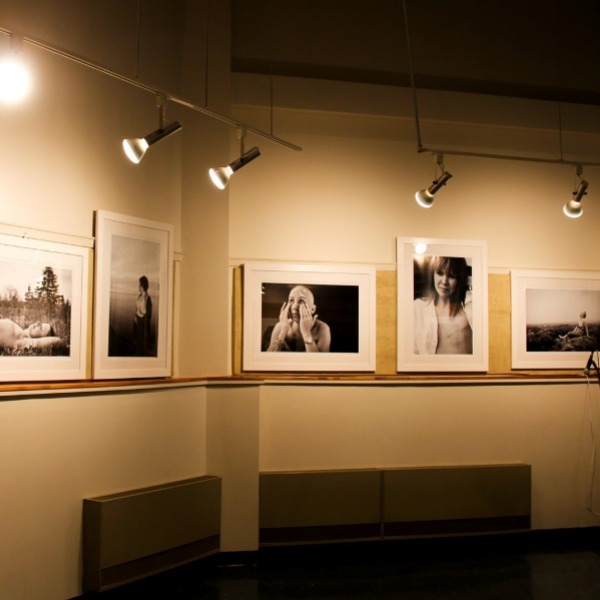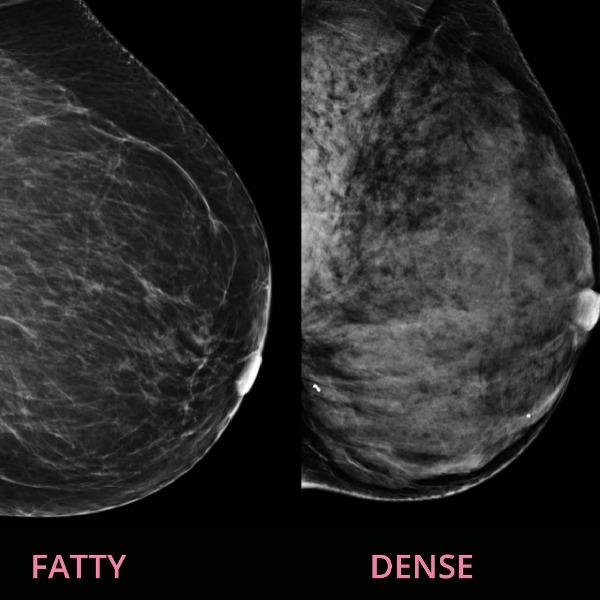By continuing to use our site, you consent to the processing of cookies, user data (location information, type and version of the OS, the type and version of the browser, the type of device and the resolution of its screen, the source of where the user came from, from which site or for what advertisement, language OS and Browser, which pages are opened and to which buttons the user presses, ip-address) for the purpose of site functioning, retargeting and statistical surveys and reviews. If you do not want your data to be processed, please leave the site.
The Voice of People With Breast Cancer
Education
Our Voices Blog
Tag : dense breasts
Get Smart About Dense Breasts
This is what I used to think about my boobs before I was diagnosed with breast cancer: Perky. Full B-cups. Still look good without a bra. Pretty good descriptors, right? That’s because back then I liked my boobs. I had a happy, take-them-at-face-value relationship with them and it worked. Or at least I thought it did until I was diagnosed with breast cancer. Now, I know about and worry about all kinds of breast cancer-related things. Like, the fact that I have dense breasts.
The Rise of Artificial Intelligence in Breast Cancer Detection
Some people require additional imaging, such as ultrasound or MRI, due to factors like dense breasts or increased risk from BRCA gene mutations or family history. False positives on a mammogram can often lead to unnecessary biopsies. Despite these challenges, mammograms and other screening tools remain essential. This emphasizes the importance of advancing screening technology and pathology, which is where AI shows promise for improving outcomes.
Dense Breast Tissue and Lobular Cancer - Doubly Hard to Diagnose
I had mild tingling breast pain for about five years. I am not a "run to the doctor" kind of person as I never wanted to be a burden on the health care system. I have always been sporty and active and was motivated to maintain my outdoorsy lifestyle. Even my GP congratulated me on doing all the right things. The pain was getting worse; however, my doctor assured me that both a mammogram and an ultrasound confirmed I did not have cancer. I was speechless because I knew something was wrong.
For Lorraine’s Sake
Our mother had breast cancer in her 50s, which increased her two daughters’ risk of also developing breast cancer. In 2005, my sister, Lorraine Smith, who was 41, enrolled in an early detection program and had her first mammogram. At the time, mammography reports were not disclosed to the patients, and they were not told anything about the density of their breasts, and what it means.
Paid Breast Cancer Screening: It Can be Worth the Price
Because I’m a born and raised Canadian, I just assumed I would have access to all sorts of free testing and screening when I found the hard, pea-sized lump in my right armpit. Not so much. Here’s how my breast cancer-screening steps went.
Lobular Breast Cancer: A Different Subtype
I was shocked to learn I had breast cancer. My previous mammograms had never showed anything. I noticed that one of my nipples was inverted which sent me to my family doctor. I was then referred to the Breast Health Clinic in Ottawa on an urgent basis where I had tests done and was informed I had advanced invasive lobular breast cancer.
Why Advocate For Breast Cancer, Especially if You’ve Been Diagnosed
I’m writing a different type of article because October is Canadian Breast Cancer Awareness Month. This article isn’t just about me or you. It’s for all of the women who are currently or yet to be diagnosed with breast cancer. So I need to be blunt.
I wish someone told me I had dense breasts
Dense breasts are common in Canadian women, affecting about 3.4 million women. Having dense breasts makes it harder to detect cancer on a mammogram yet women are not being told.
The importance of knowing you have dense breasts
I went for my regularly scheduled mammogram in April 2014. The notice I received for my mammogram stated that I was to be screened annually because I had 'dense breast tissue’. This was the first time I had heard that term. When I went for my mammogram in Regina, I told the tech that my letter stated that I had 'dense breast tissue’. After the mammogram, she looked at the images and said yes, “dense breasts.” I had no idea what this meant for me, but I was to find out soon.
One out of Nine: How this art exhibit tells my story, and has helped me heal
At the age of 46, I was diagnosed with stage two/grade three multifocal, invasive lobular and ductal breast cancer. I had found the lump myself after a year of constant infected cysts in my breast. I had been told I had very dense breasts, which is part of the reason the cancer was not visible on a mammogram. I had it confirmed by biopsy and had a right mastectomy followed by four rounds of chemotherapy. Six months later, I chose to have my left breast removed and began reconstruction.
Metastatic patient faces a roller coaster of emotions
For Naomi Pickersgill, living with metastatic breast cancer and being confronted with her own mortality has been a “roller coaster of emotions.”
Facing triple positive breast cancer
My life changed forever once I received the phone call no one wants to get early one morning in March 2015. My surgeon was on the other line with the results from my recent biopsy. The lump that was supposed to be only a pesky cyst was indeed cancerous. The surgeon further explained my diagnosis. But the only thing I heard was that I had cancer. My world felt like it was spinning out of control.
What is Breast Density and Why Does It Matter?
Roughly 40% of Canadian women, meaning about 3 million women, have what is known as “dense breasts.” Dense breasts are normal and common, but they also pose cancer risks and screening challenges. Breast density can have a significant impact on cancer detection and the treatment and prognosis of a diagnosed cancer. Many women in Canada are unaware of their breast density, impacting their screening and their ability to be their own breast health advocate. Why is knowing and understanding your breast density so important?



